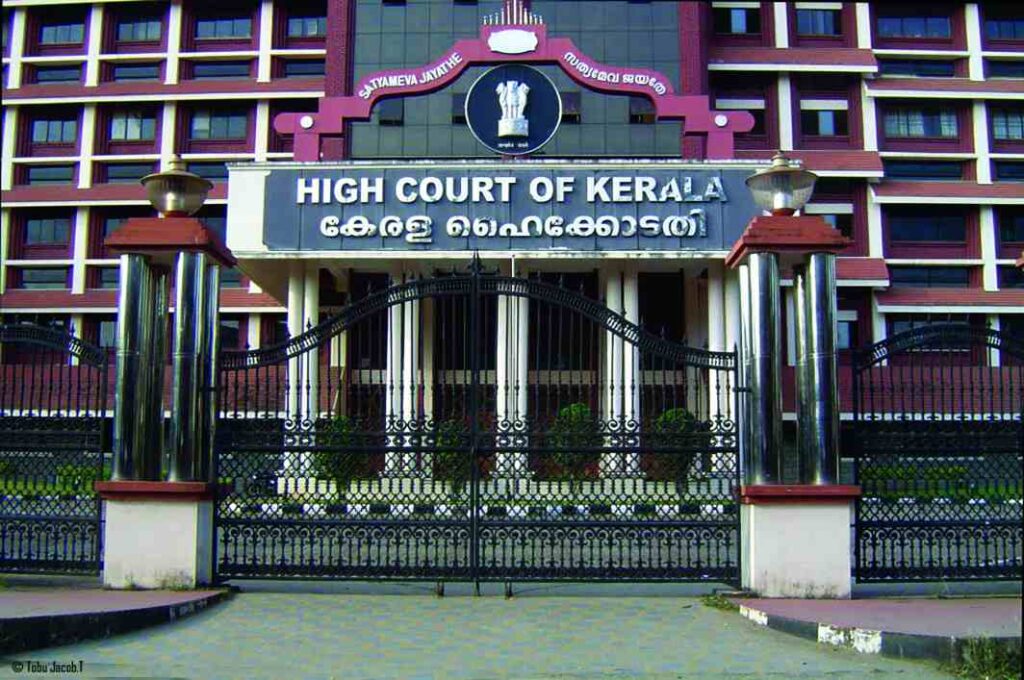Priyanshu
In a significant ruling, the Kerala High Court recently dismissed a Public Interest Litigation (PIL) that challenged the use of Hindi words in the titles of newly enacted criminal laws by the Parliament of India. The petitioner had argued that the titles of the new laws, including the Bharatiya Nagarik Suraksha Sanhita, 2023, Bharatiya Nyaya Sanhita, 2023, and Bharathiya Sakshya Adhiniyam, 2023, were in violation of Article 348 of the Indian Constitution, which mandates the use of English for legislative purposes.
The Division Bench, comprising Acting Chief Justice A. Muhamed Mustaque and Justice S. Manu, clarified that there is no fundamental right that requires the titles of laws to be in a language familiar to every citizen. The Court highlighted that while Article 348(1)(b) of the Constitution mandates English as the authoritative language for legislative texts, this requirement does not extend to the nomenclature or titles of the enactments. The authoritative text of these laws remains in English, ensuring uniformity across the country, while the titles in Hindi do not contravene any constitutional provisions.
The Court also addressed the petitioner’s concern that the use of Hindi could be seen as an infringement of the rights of non-Hindi-speaking citizens. However, the Bench emphasized that fundamental rights are to be viewed collectively by all citizens and the Constitution treats the populace as a homogeneous group. Consequently, the use of Hindi in the titles of laws does not impinge upon individual rights under the Constitution.
Furthermore, the Court referred to the historical context of Article 348, tracing it back to provisions in the Government of India Act, 1935, which sought to maintain uniformity in the interpretation of statutory provisions. The Bench underscored that the framers of the Constitution were cognizant of the potential challenges posed by non-English titles, but ultimately allowed flexibility in this regard.
This ruling underscores Parliament’s discretion in determining the language used in the titles of its enactments, reaffirming that such choices do not violate the constitutional framework. The judgment is expected to set a precedent for future challenges concerning the language of legislative titles, particularly in a multilingual nation like India.
The case thus concludes with the Kerala High Court upholding the validity of using Hindi words in the nomenclature of new criminal laws, reinforcing that the Constitution does not prevent Parliament from embracing linguistic diversity in its legislative practices
Case Title – P.V. Jeevesh vs. Union of India & Ors.
Case Number – WP(C) No. 19240 of 2024
Bench – Chief Justice A. Muhamed Mustaque and Justice S. Manu

